Home>Garden Essentials>How To Eat Nigella Seeds
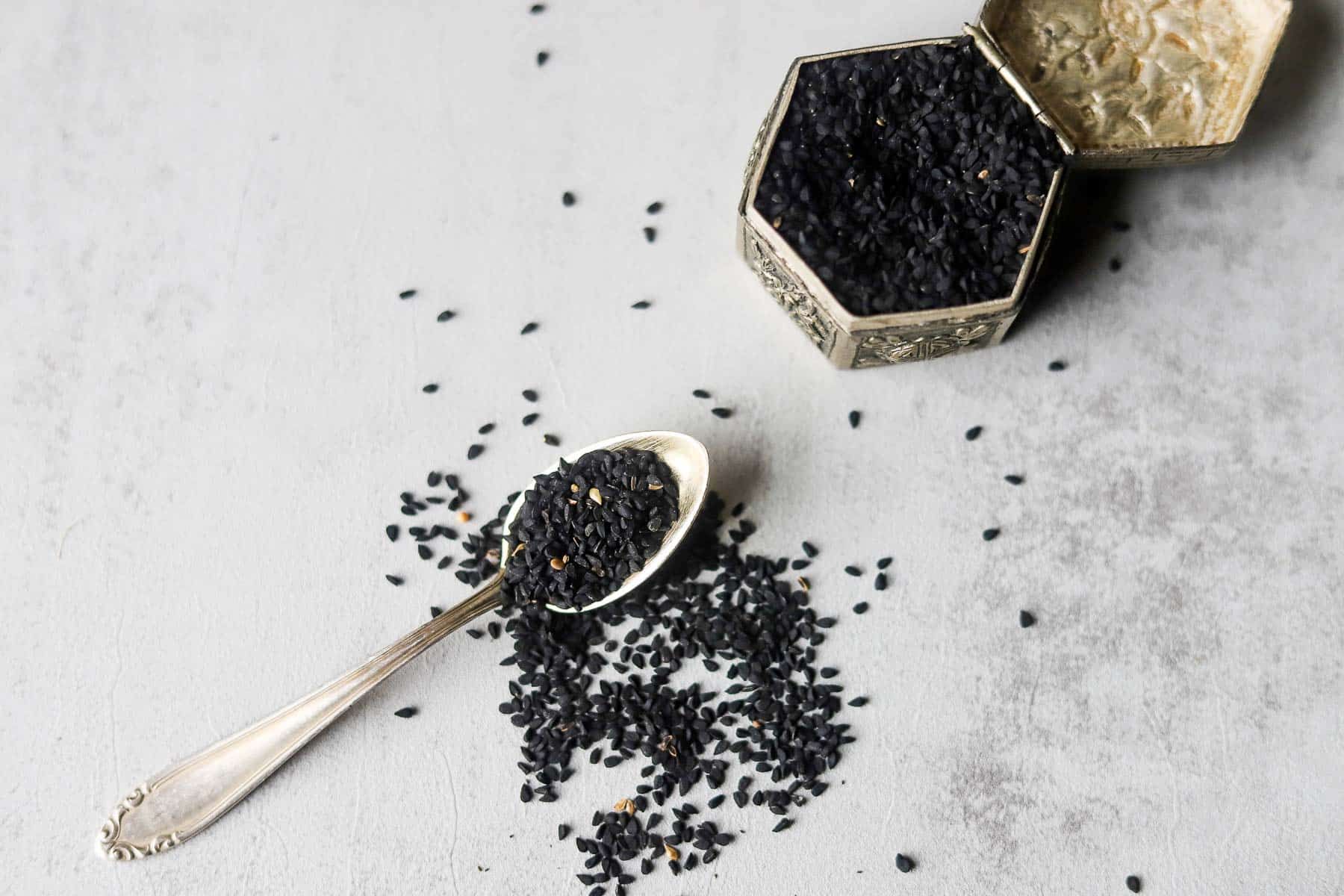

Garden Essentials
How To Eat Nigella Seeds
Modified: August 17, 2024
Learn the secret to using garden fresh Nigella seeds in your cooking. Discover how to properly eat and enjoy the unique flavors of these nutritious seeds.
(Many of the links in this article redirect to a specific reviewed product. Your purchase of these products through affiliate links helps to generate commission for Storables.com, at no extra cost. Learn more)
Introduction
Welcome to the world of nigella seeds! These tiny, black seeds may be small in size, but they pack a powerful punch when it comes to taste and health benefits. Nigella seeds, also known as black cumin or kalonji, have been used for centuries in various cuisines and traditional medicine practices.
Derived from Nigella sativa, a flowering plant native to Southwest Asia, nigella seeds have a distinctive aromatic flavor that is often described as earthy, peppery, and slightly bitter. They are widely used in Middle Eastern, Indian, and North African cuisines, where they add a unique depth of flavor to a variety of dishes.
Aside from their culinary uses, nigella seeds are also renowned for their potential health benefits. These seeds are rich in essential nutrients, including vitamins, minerals, and antioxidants, making them a valuable addition to a well-rounded diet.
In this article, we will explore the many health benefits of nigella seeds, discuss their culinary uses, and provide tips on how to incorporate these nutritious seeds into your everyday meals. Whether you’re a culinary enthusiast or someone looking to amp up their wellness game, keep reading to discover the wonders of nigella seeds!
Key Takeaways:
- Nigella seeds, also known as black cumin or kalonji, are tiny but mighty! They add a unique flavor to dishes and offer potential health benefits like immune support and digestive aid.
- When using nigella seeds in your cooking, remember to start with a small amount due to their strong flavor. Store them in airtight containers away from strong odors to maintain their freshness and potency.
Read more: What Do Nigella Seeds Taste Like
What are Nigella Seeds?
Nigella seeds are the small, black seeds obtained from the Nigella sativa plant, which belongs to the Ranunculaceae family. They have a unique shape and are often referred to as “black cumin” or “kalonji” seeds. While they resemble black sesame seeds, they have a distinct flavor and aroma that sets them apart.
These seeds have a rich history and have been used for centuries in traditional medicine and culinary practices. They are native to Southwest Asia and have been cultivated in various regions around the world, including the Middle East and Mediterranean.
In terms of appearance, nigella seeds are tiny, with a length of around 3-4mm and a width of about 1-2mm. They have a slightly triangular shape and a deep black color, which intensifies when dried.
The flavor and aroma of nigella seeds are often described as pungent, earthy, and peppery, with hints of bitterness. When roasted or cooked, they release a nutty and toasted aroma, adding depth and complexity to dishes.
It’s important to note that nigella seeds are not related to the spice called “black cumin” (Bunium persicum), which is popular in some Middle Eastern cuisines. While both have similar names, they come from different plant families and have distinct flavors.
Now that we have a basic understanding of nigella seeds, let’s dive into their impressive health benefits.
Health Benefits of Nigella Seeds
Nigella seeds are not just a flavorful addition to your meals; they also offer a range of health benefits. Let’s explore some of the key reasons why you should consider incorporating nigella seeds into your diet:
- Rich in antioxidants: Nigella seeds are packed with antioxidants, which help protect your body against oxidative stress and damage caused by free radicals. These antioxidants, such as thymoquinone and p-cymene, have been studied for their potential anti-inflammatory and anticancer properties.
- Boosts immune function: Regular consumption of nigella seeds may help enhance your immune system. They have been shown to have immunomodulatory effects, meaning they can help regulate and strengthen your immune response, potentially protecting against infections and diseases.
- Aids in digestion: Nigella seeds have been traditionally used to support digestive health. They contain essential oils that can help reduce bloating, indigestion, and stomach discomfort. These seeds also have antimicrobial properties that may help combat harmful bacteria in the digestive system.
- Supports cardiovascular health: The active compounds found in nigella seeds, particularly thymoquinone, have shown potential cardiovascular benefits. They may help lower blood pressure, reduce cholesterol levels, and improve overall heart health.
- Promotes respiratory health: Nigella seeds have been used in traditional medicine to support respiratory health. They may help alleviate symptoms of respiratory conditions such as asthma, bronchitis, and allergies due to their anti-inflammatory and bronchodilatory properties.
- Supports weight management: Incorporating nigella seeds into a balanced diet may aid in weight management. The high fiber content of these seeds can help promote feelings of fullness and reduce calorie intake. Additionally, the antioxidants in nigella seeds may have a positive impact on metabolism.
It’s important to note that while nigella seeds may offer potential health benefits, they should not be considered a cure-all. Always consult with a healthcare professional before making significant changes to your diet or using nigella seeds as a supplement.
Now that we’ve explored the health benefits, let’s delve into the culinary uses of nigella seeds.
Culinary Uses of Nigella Seeds
Nigella seeds are a versatile ingredient that can add a unique twist to your culinary creations. From savory dishes to baked goods, these seeds can be used in various ways to enhance flavor and bring a delightful aroma to your meals. Here are some popular culinary uses of nigella seeds:
- Spice blends: Nigella seeds are a common ingredient in spice blends, especially in Middle Eastern and Indian cuisines. They are often combined with other spices like cumin, coriander, and turmeric to create flavorful rubs and marinades for meat, poultry, and seafood.
- Breads and pastries: Nigella seeds are frequently used as a topping for bread, bagels, and buns, adding a beautiful crunch and a hint of nuttiness. They can also be incorporated into the dough for a subtle flavor infusion. Additionally, nigella seeds can be sprinkled on pastries, such as puff pastry or savory tarts, to give them an extra dimension of taste.
- Curries and stews: In Indian cuisine, nigella seeds are a key ingredient in many curries and stews. They are typically added to the tempering or tadka, a process of blooming spices in hot oil, which releases their aroma and enhances the overall flavor of the dish.
- Vegetable dishes: Nigella seeds pair well with a variety of vegetables, adding a delightful touch to stir-fries, roasted vegetables, and sautéed greens. They can also be used in pickling recipes or sprinkled over steamed vegetables to bring out their natural flavors.
- Soups and salads: Adding nigella seeds to soups and salads can elevate their taste profile. Whether sprinkled on top as a garnish or infused into the dressing, the seeds provide a distinct flavor and visual appeal to these dishes.
- Yogurt and cheese: Nigella seeds can be used to enhance the flavor of yogurt or cheese-based dishes. They can be mixed into yogurt dips, or sprinkled on top of labneh, a strained yogurt spread. These seeds also pair well with soft and creamy cheeses, bringing a unique taste to cheese platters and sandwiches.
With their versatility and distinct flavor, nigella seeds can add a new dimension to your culinary repertoire. Now that you know how to incorporate them into your dishes, let’s explore some practical tips on buying and storing nigella seeds.
To enjoy the flavor and health benefits of nigella seeds, sprinkle them on salads, yogurt, or breads before baking. You can also add them to curries, soups, or stir-fries for a unique flavor.
How to Incorporate Nigella Seeds into Your Diet
Nigella seeds can be a wonderful addition to your diet, providing both flavor and health benefits. If you’re wondering how to incorporate these versatile seeds into your meals, here are some simple and delicious ways to enjoy nigella seeds:
- Sprinkle over salads: Add a sprinkle of nigella seeds to your fresh salad for an extra burst of flavor. They go well with leafy greens, tomatoes, cucumbers, and other salad ingredients. Combine them with a tangy vinaigrette dressing for a delightful combination of tastes.
- Top your bread and baked goods: Before baking bread or rolls, sprinkle nigella seeds on top for a unique and aromatic twist. You can also add them to the dough itself for a more pronounced flavor. They work particularly well with flatbreads like naan and pita.
- Garnish soups and stews: When serving a warm bowl of soup or stew, sprinkle a small amount of nigella seeds over the top as a garnish. This adds both visual appeal and a pleasant crunch to your dish.
- Season roasted vegetables: Toss your favorite vegetables with olive oil, salt, and nigella seeds before roasting them in the oven. This will infuse the vegetables with an earthy and aromatic flavor, making them a standout side dish.
- Add to stir-fries: Elevate the taste of your stir-fries by adding a pinch of nigella seeds. Whether it’s a vegetable stir-fry or a meat-based dish, nigella seeds can lend a unique and exotic flavor to your creations.
- Incorporate into marinades and dressings: Blend nigella seeds into your favorite marinades or salad dressings to infuse them with a hint of spiciness and complexity. You can combine them with other spices, lemon juice, olive oil, and herbs for a well-balanced flavor profile.
- Use them in spice blends: Create your own spice blends or rubs by incorporating nigella seeds. Combine them with other spices like cumin, coriander, paprika, and garlic powder for a homemade seasoning mix that can be used on meats, vegetables, and more.
Remember to start with a small amount of nigella seeds, as they have a strong flavor. Gradually increase the quantity according to your taste preferences.
Now that you know how to use nigella seeds in your dishes, it’s important to understand the best practices for buying and storing them to ensure freshness and quality.
Read more: How To Eat Grapes With Seeds
Tips for Buying and Storing Nigella Seeds
When it comes to buying and storing nigella seeds, here are some tips to help you make the most out of their flavor and freshness:
- Choose reputable brands: Look for nigella seeds from trusted brands or sellers that specialize in herbs and spices. This ensures that you are getting high-quality seeds that are pure and free from contaminants.
- Check for freshness: Nigella seeds, like other spices, have a limited shelf life. To ensure freshness, check the packaging for the expiration date and opt for seeds that have a strong aroma. Avoid buying in large quantities if you don’t plan to use them frequently.
- Buy whole seeds: It’s preferable to buy whole nigella seeds rather than pre-ground ones. Whole seeds retain their flavor and aroma for longer periods. Grinding them just before use helps to release their essential oils and preserve their freshness.
- Store in airtight containers: Transfer your nigella seeds to airtight containers, such as glass jars or spice jars, to maintain their freshness and protect them from moisture. Keep them in a cool, dark place, away from direct sunlight and heat, which can alter their flavor and potency.
- Avoid grinding in advance: To preserve the flavor and aroma, it’s best to grind nigella seeds right before using them. Ground seeds tend to lose their potency more quickly than whole seeds.
- Use transparent containers: If possible, store your nigella seeds in transparent containers. This way, you can easily see when it’s time to restock or check if they are still fresh.
- Keep away from strong odors: Nigella seeds have a delicate flavor that can easily absorb strong odors from other spices or ingredients. Store them separately from pungent spices or strong-smelling foods to prevent cross-contamination.
- Rotate your supply: To ensure you always have fresh nigella seeds on hand, try to rotate your supply regularly. Use the seeds you have before purchasing new ones to prevent them from sitting on your shelf for too long.
By following these tips, you can ensure that your nigella seeds remain flavorful and aromatic for an extended period, allowing you to enjoy their benefits in your cooking.
Now that we’ve covered the tips for buying and storing nigella seeds, let’s wrap up our journey with a few precautions and side effects to keep in mind.
Precautions and Side Effects
While nigella seeds are generally safe for consumption, it’s important to exercise some precautions and be aware of potential side effects. Here are a few things to keep in mind:
- Allergies: Some individuals may be allergic to nigella seeds. If you have known allergies to seeds or plants in the Ranunculaceae family, it’s best to avoid nigella seeds or consult with a healthcare professional before incorporating them into your diet.
- Pregnancy and breastfeeding: If you are pregnant or breastfeeding, it’s advisable to consult with your healthcare provider before consuming nigella seeds as a dietary supplement. Studies on the safety of nigella seeds during pregnancy and breastfeeding are limited, so it’s best to err on the side of caution.
- Drug interactions: Nigella seeds may interact with certain medications. If you are taking any medications or have any underlying health conditions, it’s always wise to consult with a healthcare professional before adding nigella seeds to your diet to ensure they won’t interfere with your medication or treatment.
- Moderation is key: While nigella seeds offer potential health benefits, it’s important to consume them in moderation as part of a varied and balanced diet. Eating excessive amounts of nigella seeds may cause digestive discomfort or interact with certain medications, so it’s best to enjoy them in recommended quantities.
- Quality and sourcing: To minimize the risk of contamination or adulteration, it’s crucial to purchase nigella seeds from reputable sources. Ensure that the seeds are pure and free from any potential contaminants.
As with any dietary change, it’s always a good idea to listen to your body and pay attention to any adverse reactions. If you experience any unusual symptoms after consuming nigella seeds, it’s recommended to seek medical advice.
Now that you are familiar with the precautions and potential side effects, let’s conclude our journey into the world of nigella seeds.
Conclusion
Nigella seeds, also known as black cumin or kalonji seeds, are a flavorful and nutritious addition to your culinary endeavors. These tiny, black seeds offer a unique taste profile and a myriad of potential health benefits. With their rich history in traditional medicine and their versatile uses in various cuisines, nigella seeds have become a beloved ingredient worldwide.
Incorporating nigella seeds into your diet can enhance the flavor of your dishes while potentially providing benefits such as immune support, digestive aid, cardiovascular health, and respiratory wellness. Whether sprinkled over salads, used in spice blends, or added to baked goods, nigella seeds bring a delightful aroma and a hint of spiciness to your meals.
When buying and storing nigella seeds, it’s important to choose reputable brands, check for freshness, and store them in airtight containers away from strong odors or direct sunlight. By following these guidelines, you can ensure that the seeds remain fresh and flavorful for an extended period.
While nigella seeds are generally safe for consumption, it’s important to exercise precautions if you have allergies, are pregnant or breastfeeding, or have concerns about potential interactions with medications. Moderation is key, and it’s always wise to consult with a healthcare professional if you have any specific concerns.
Now that you’re equipped with knowledge about nigella seeds, go ahead and explore their culinary possibilities. Experiment with new recipes, spice up your dishes, and enjoy the unique flavor and potential health benefits that nigella seeds have to offer.
So, go ahead and let nigella seeds take your meals to new heights, both in taste and in wellness!
Frequently Asked Questions about How To Eat Nigella Seeds
Was this page helpful?
At Storables.com, we guarantee accurate and reliable information. Our content, validated by Expert Board Contributors, is crafted following stringent Editorial Policies. We're committed to providing you with well-researched, expert-backed insights for all your informational needs.
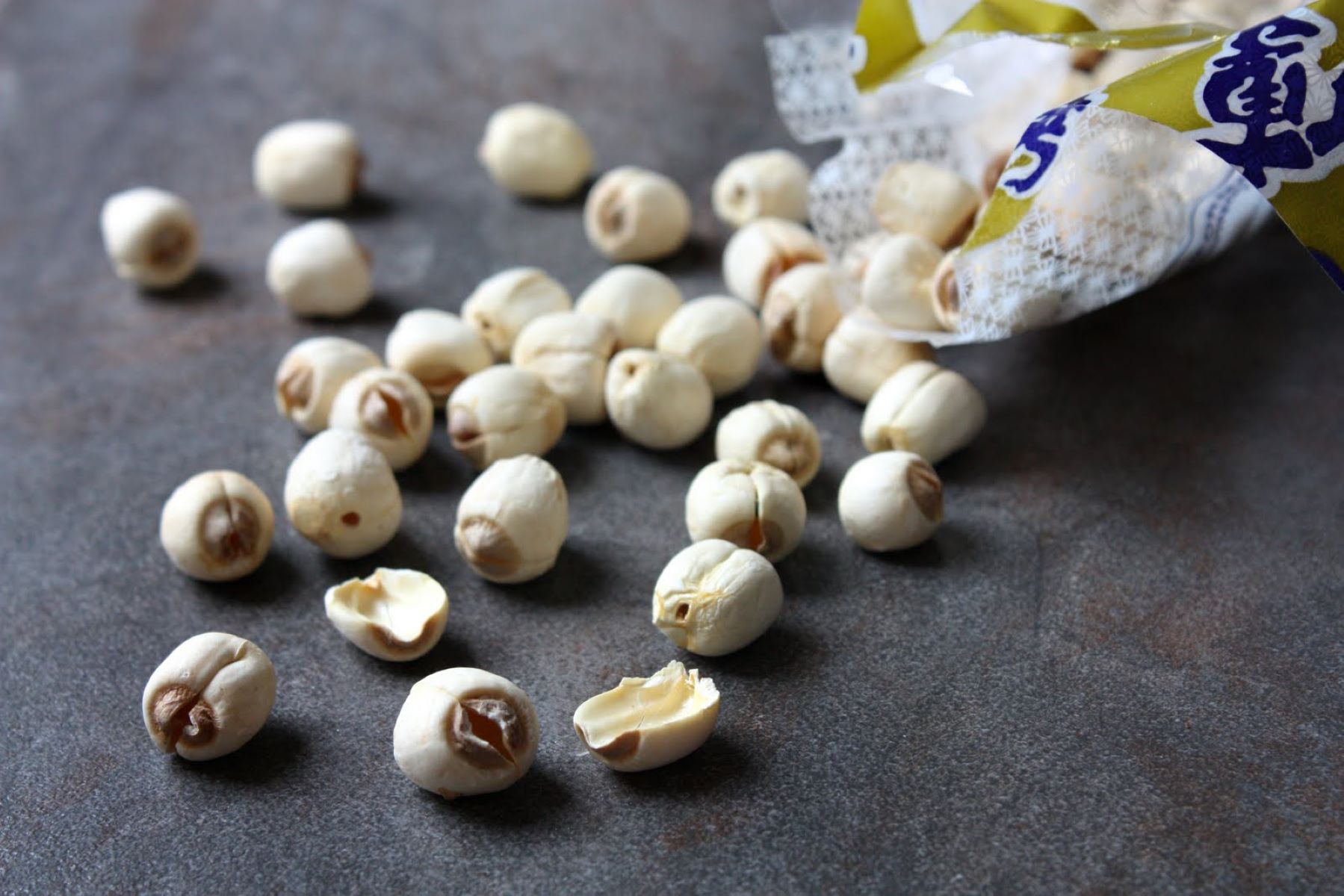
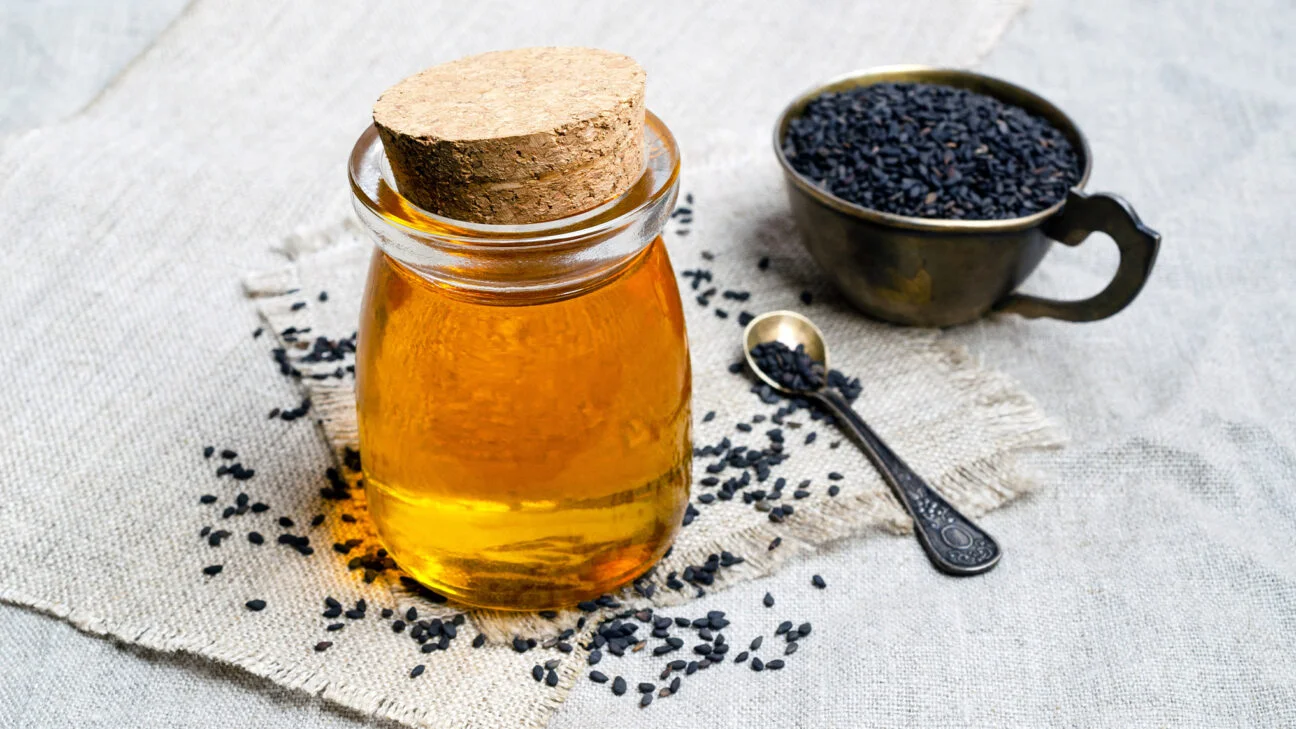
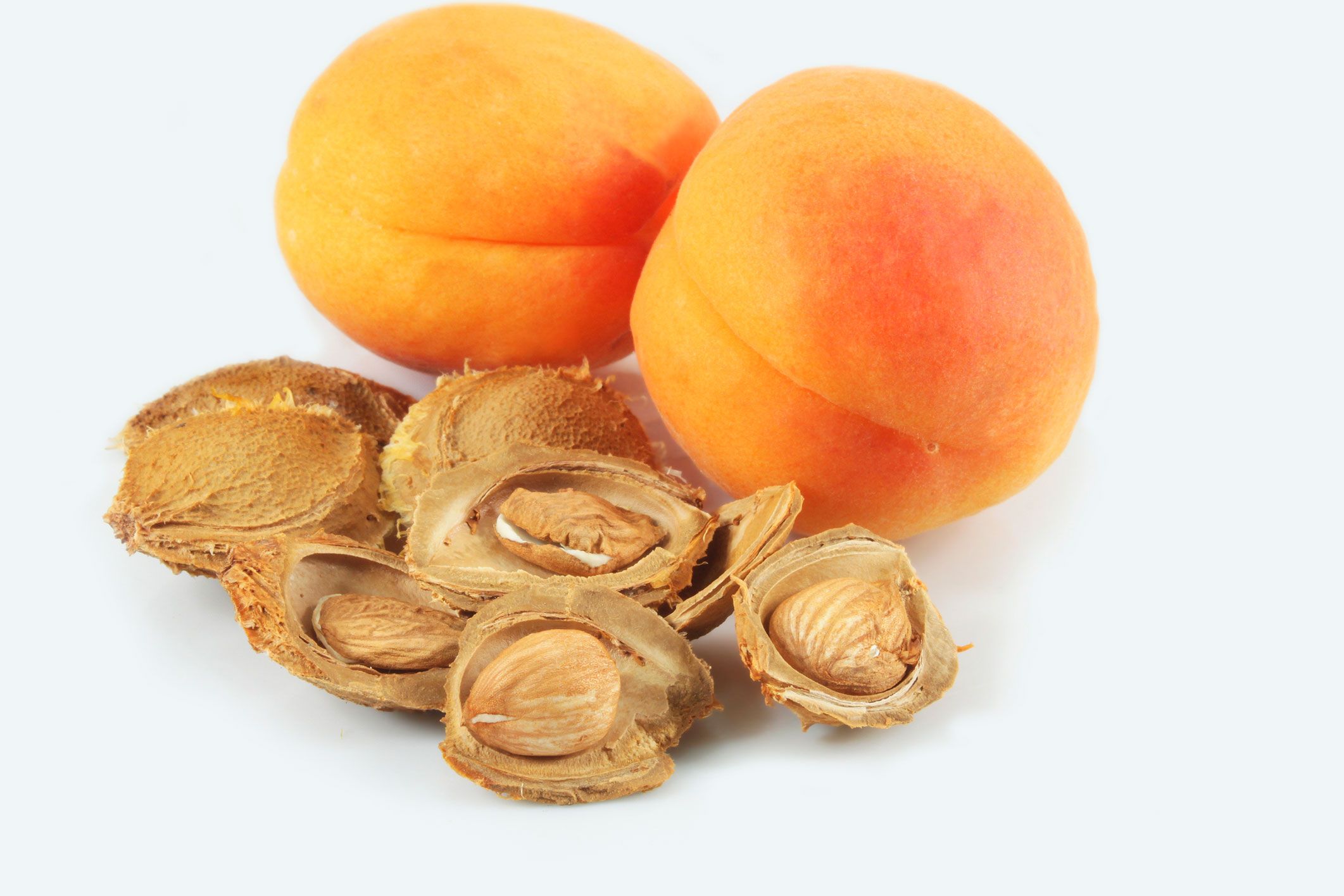
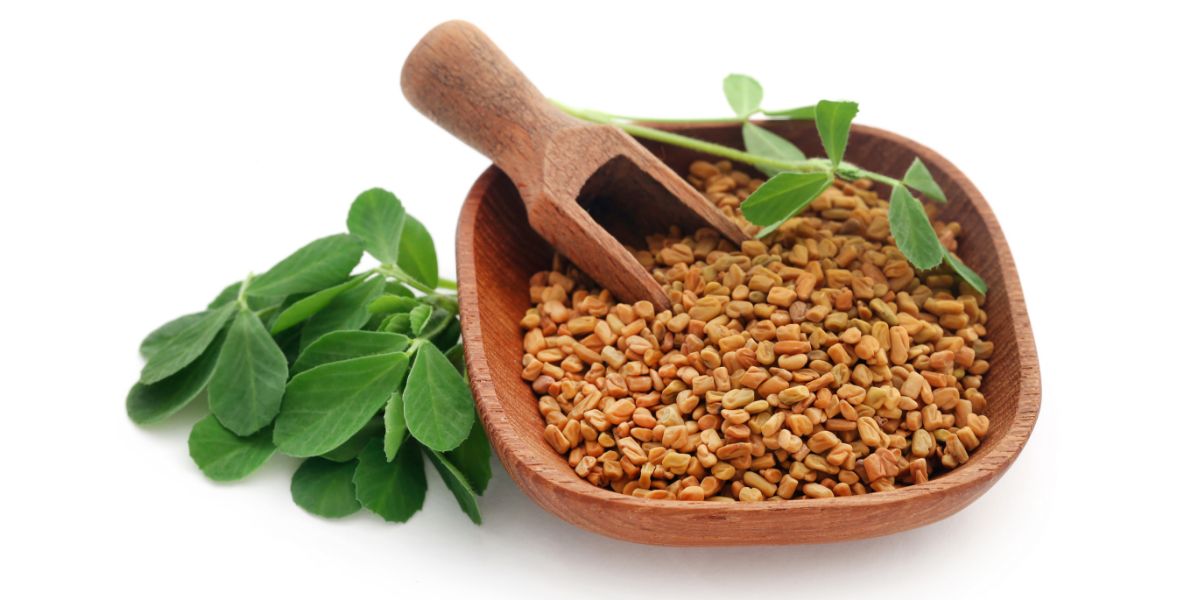
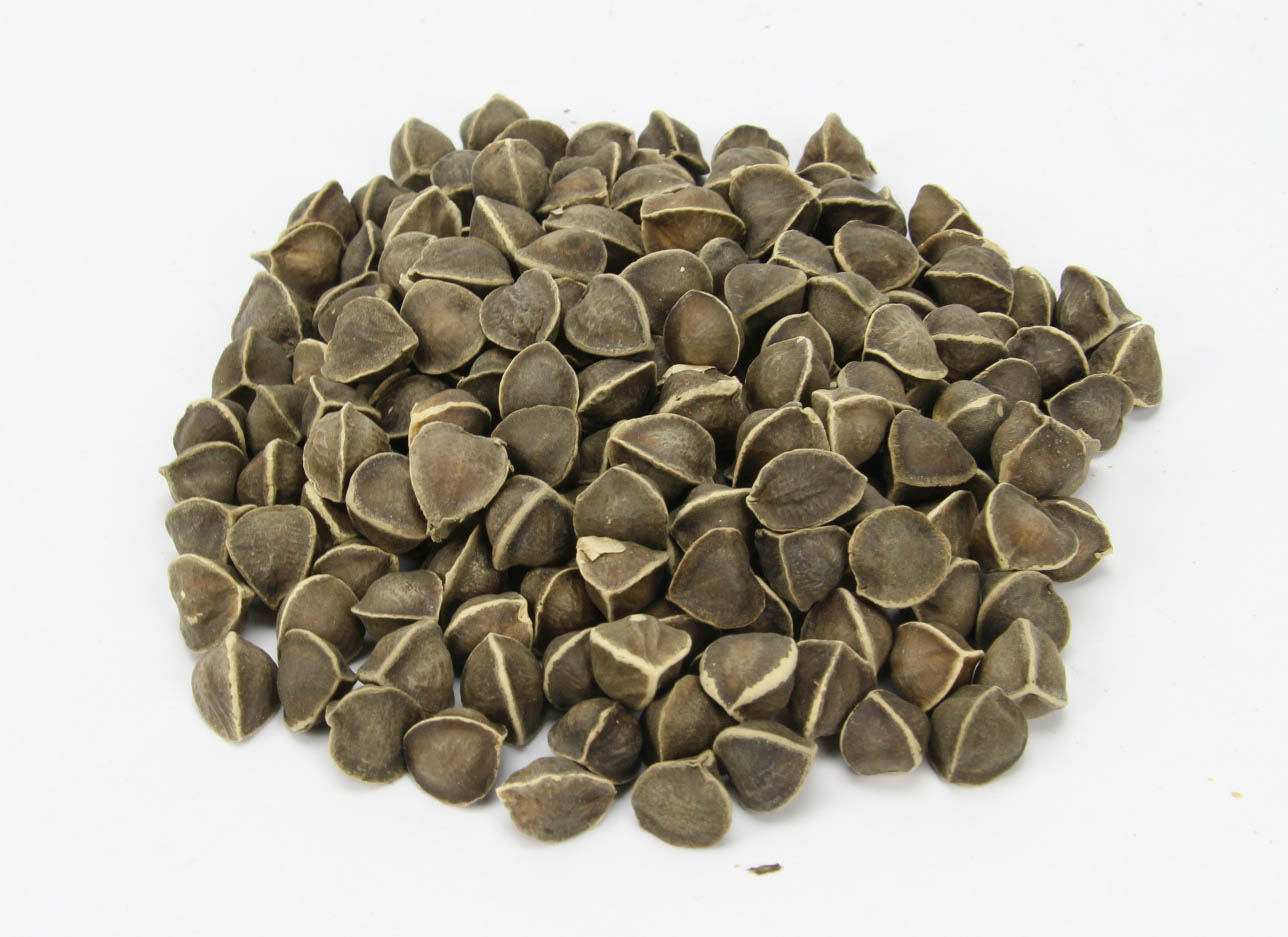
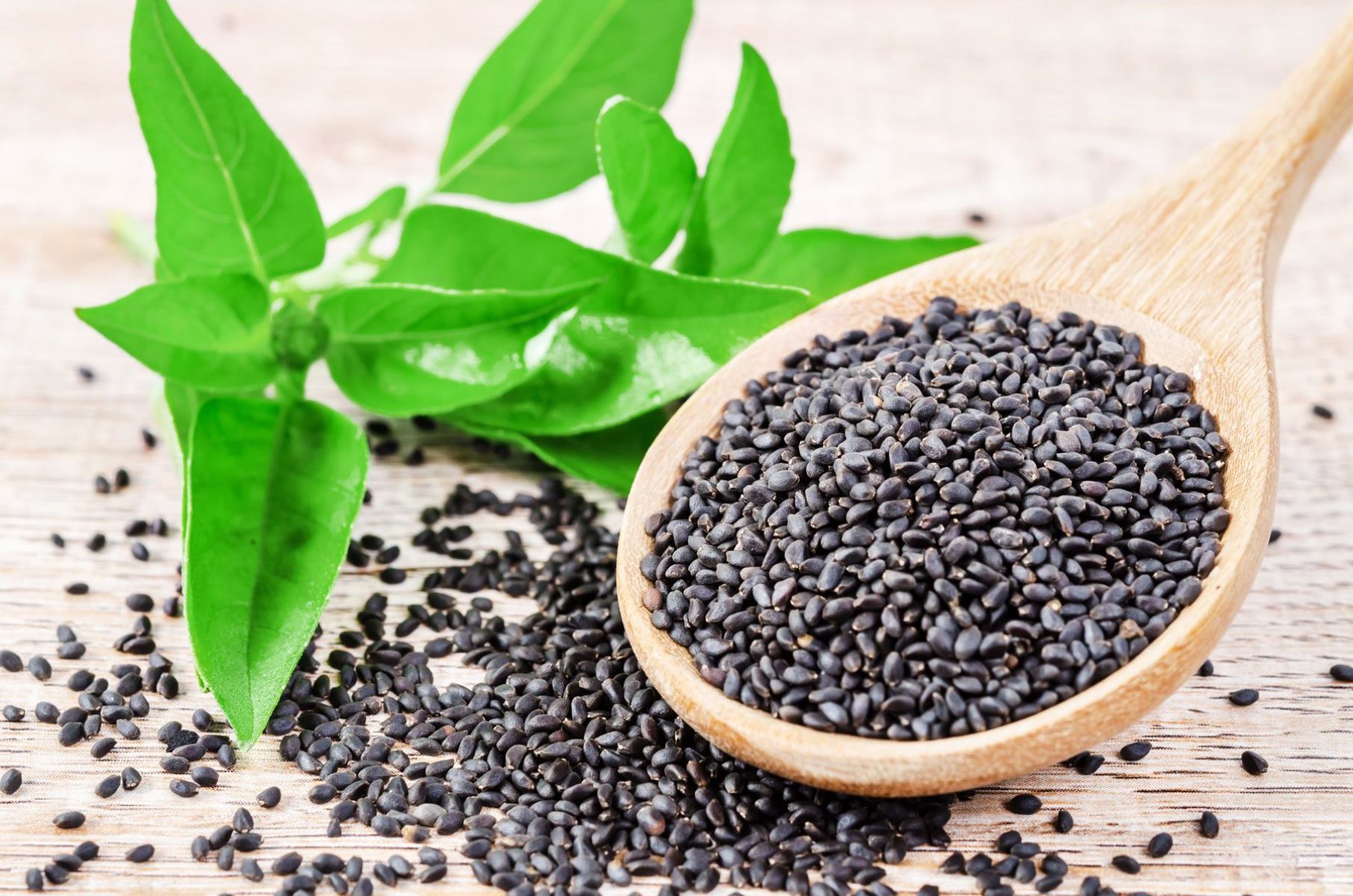
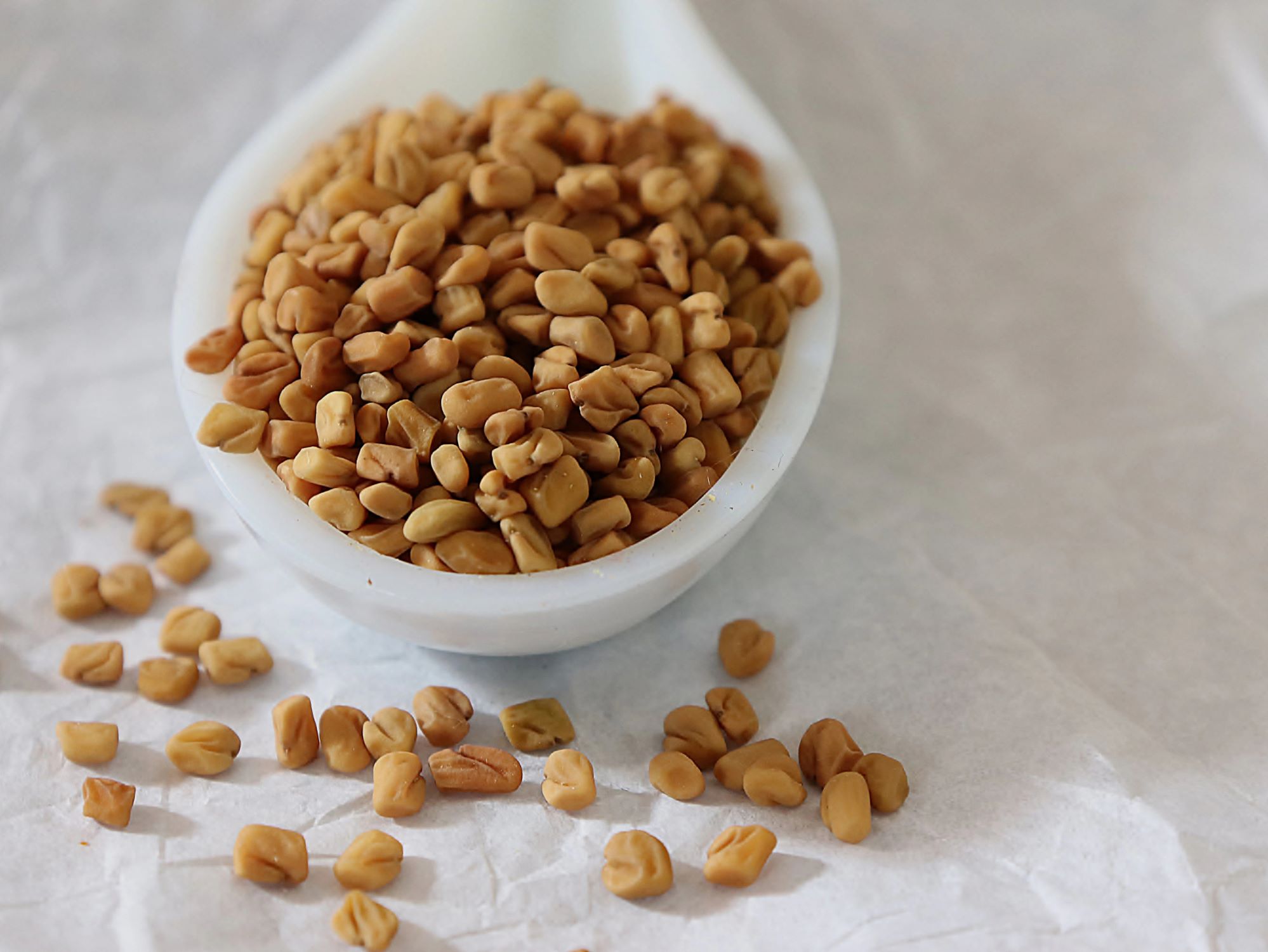
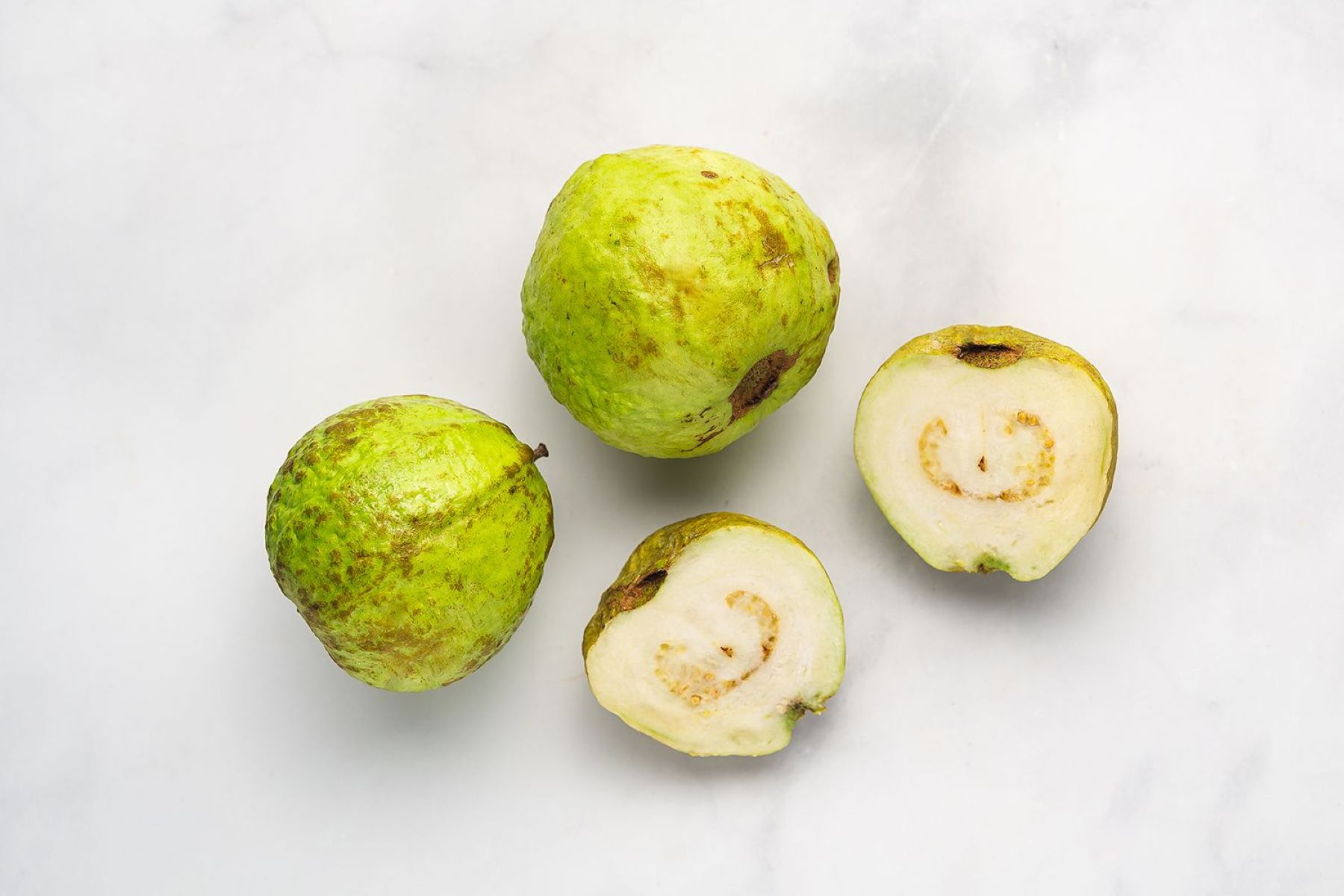
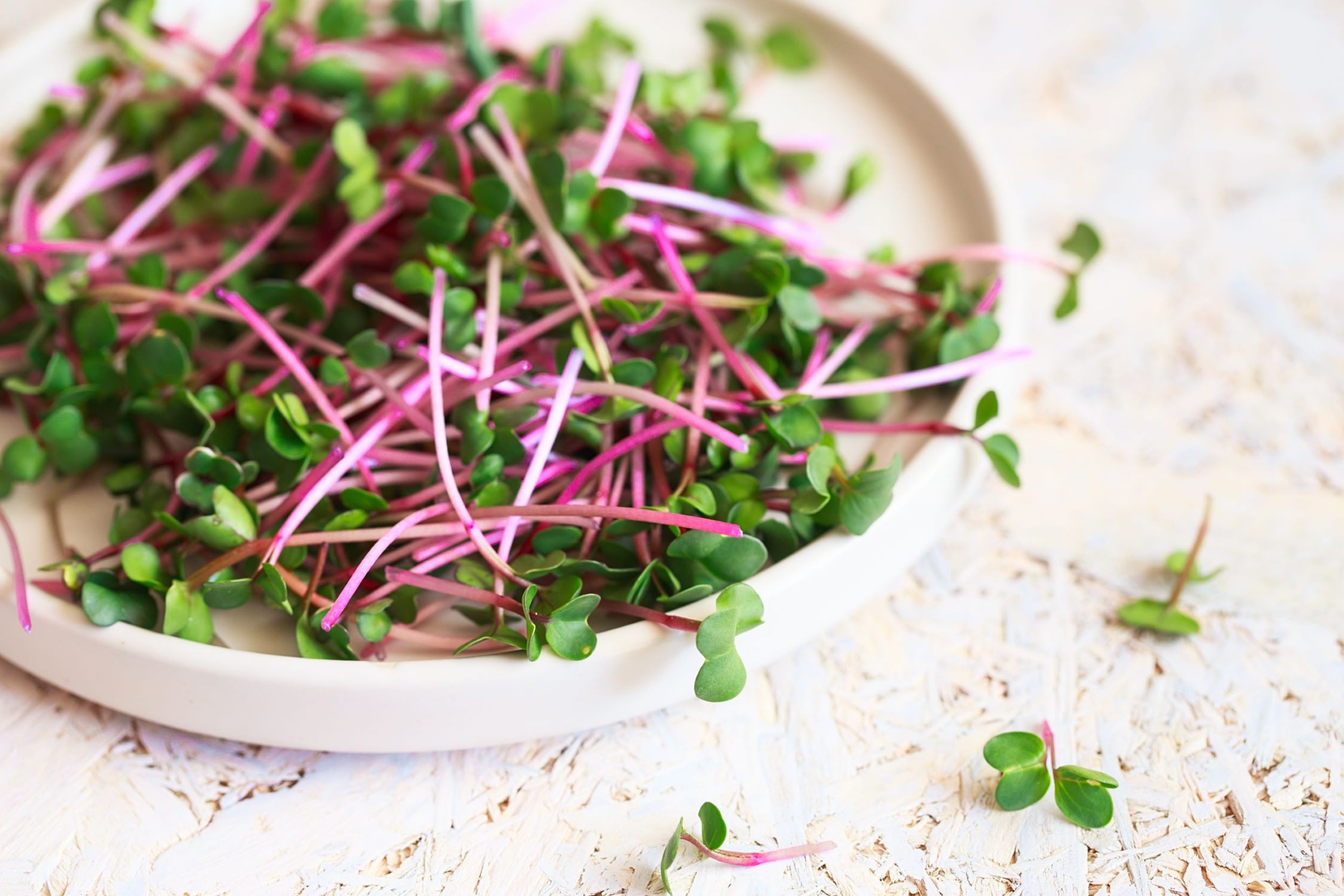
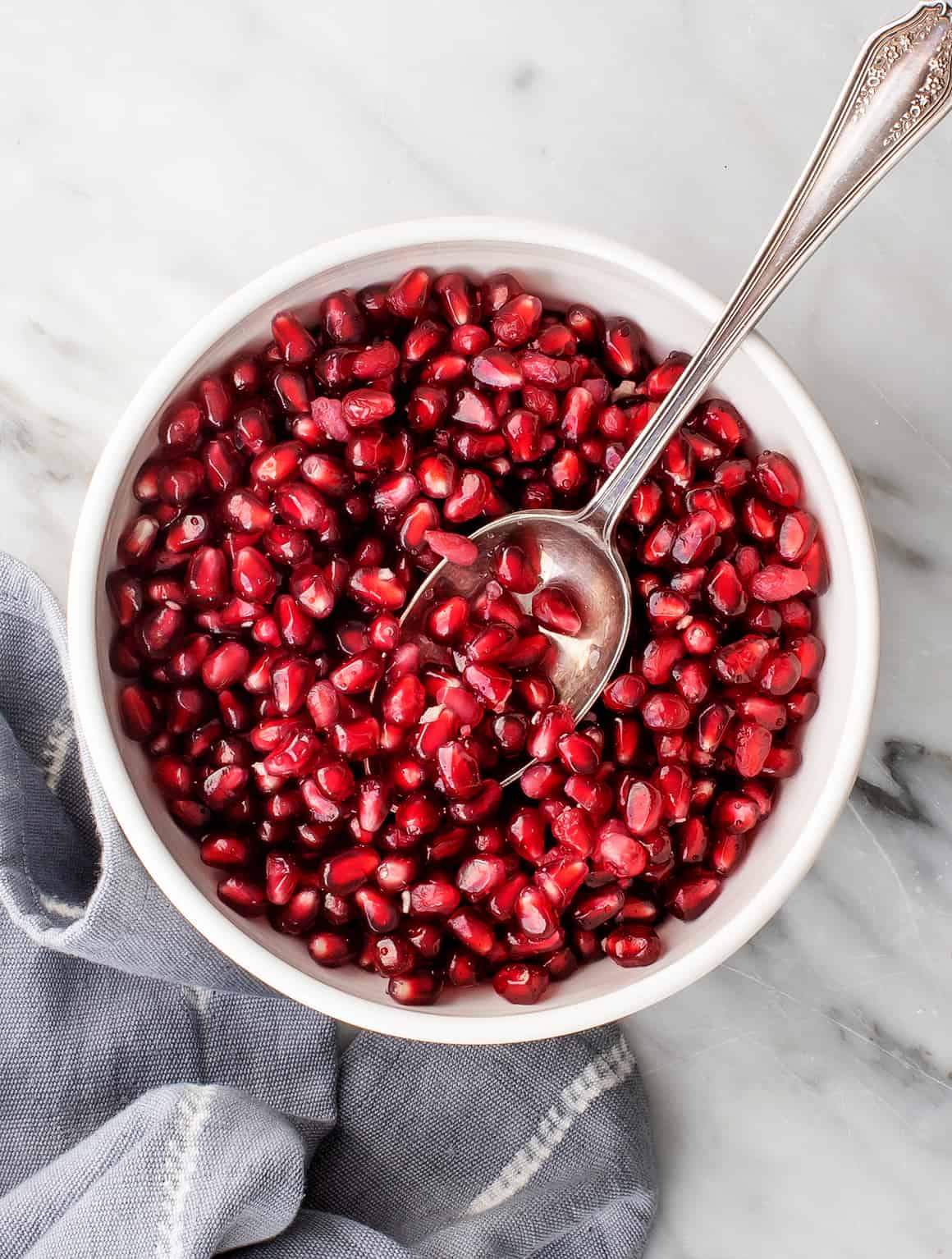
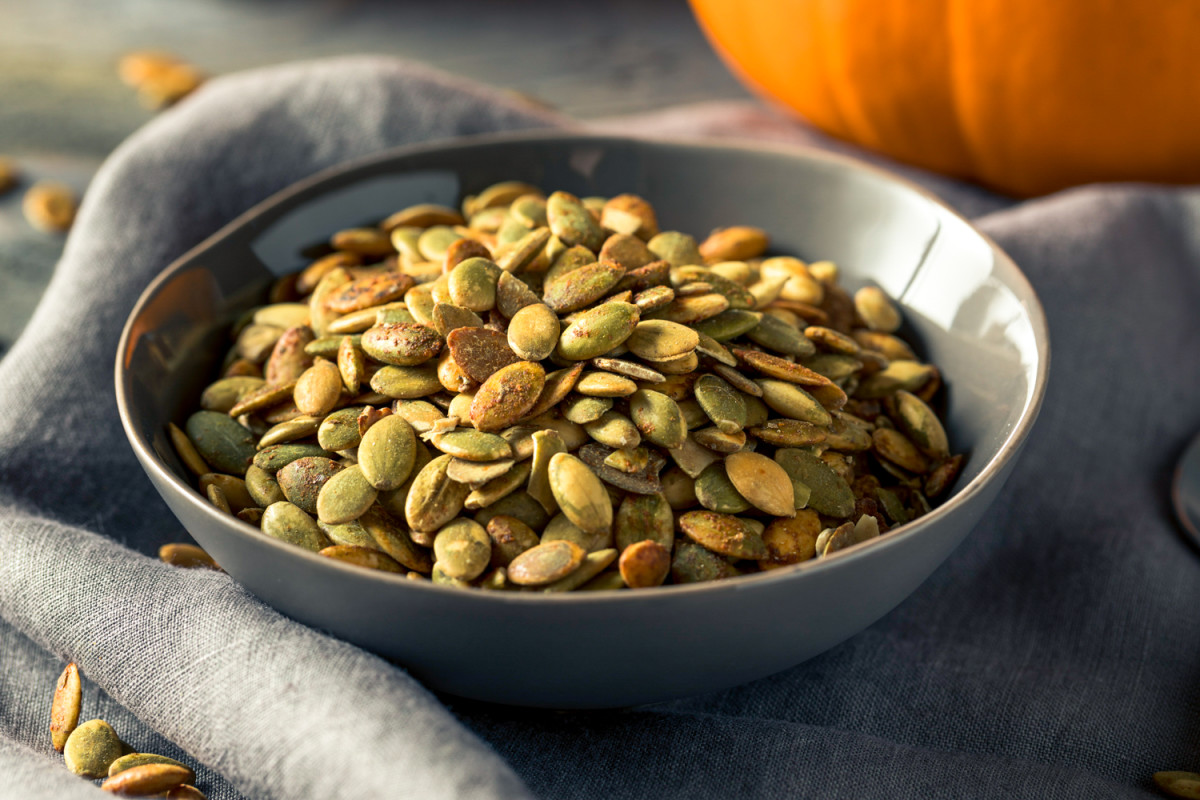
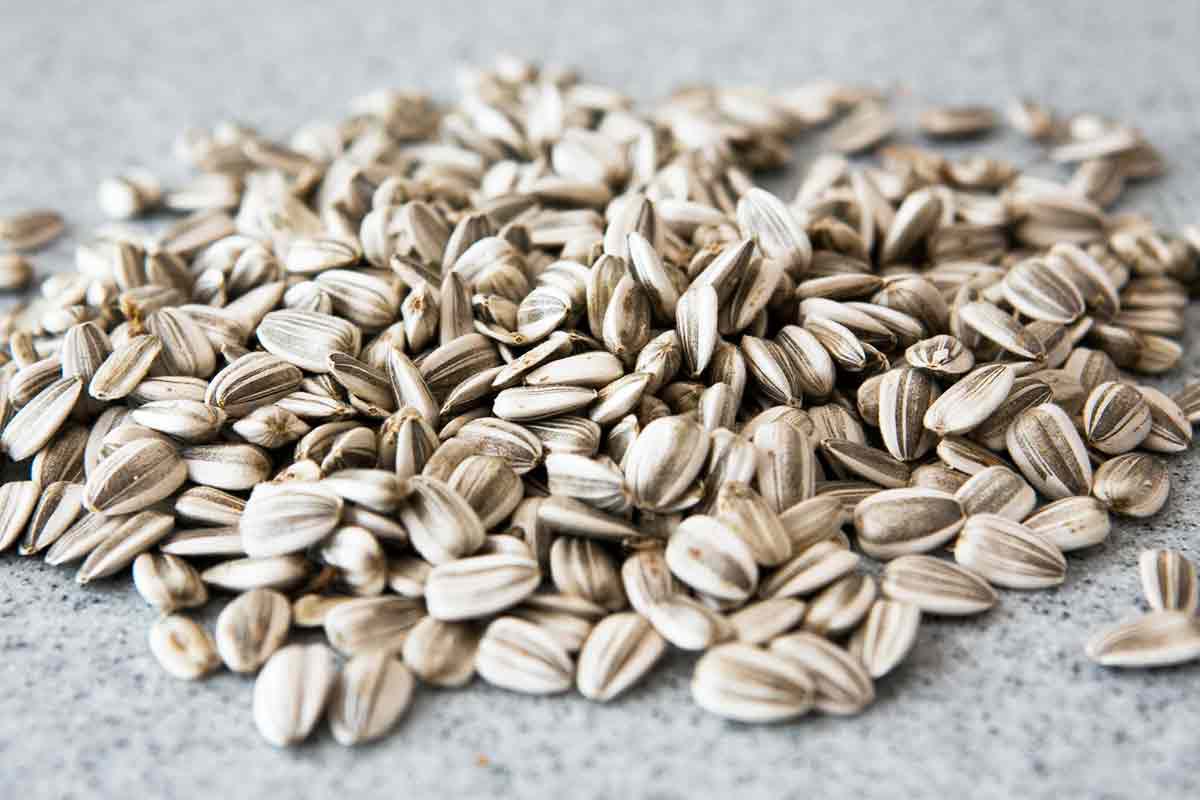
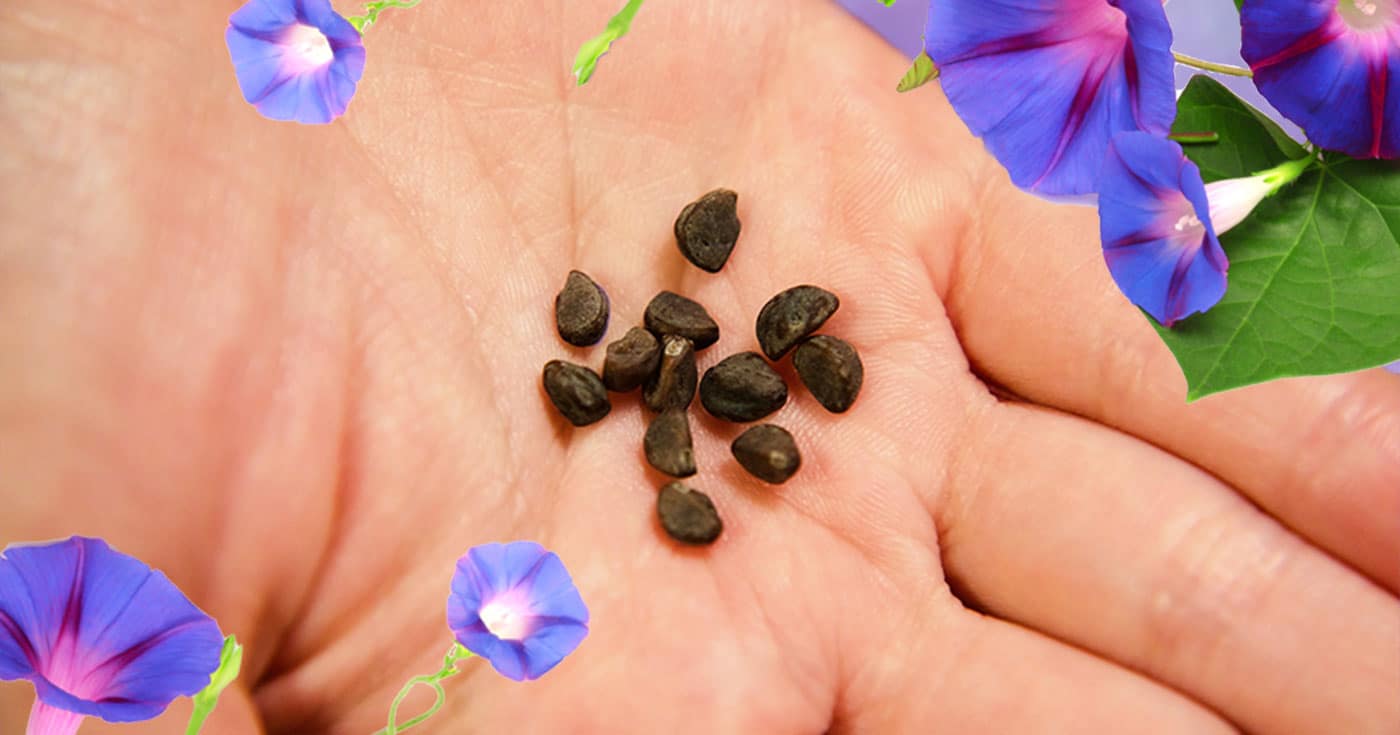
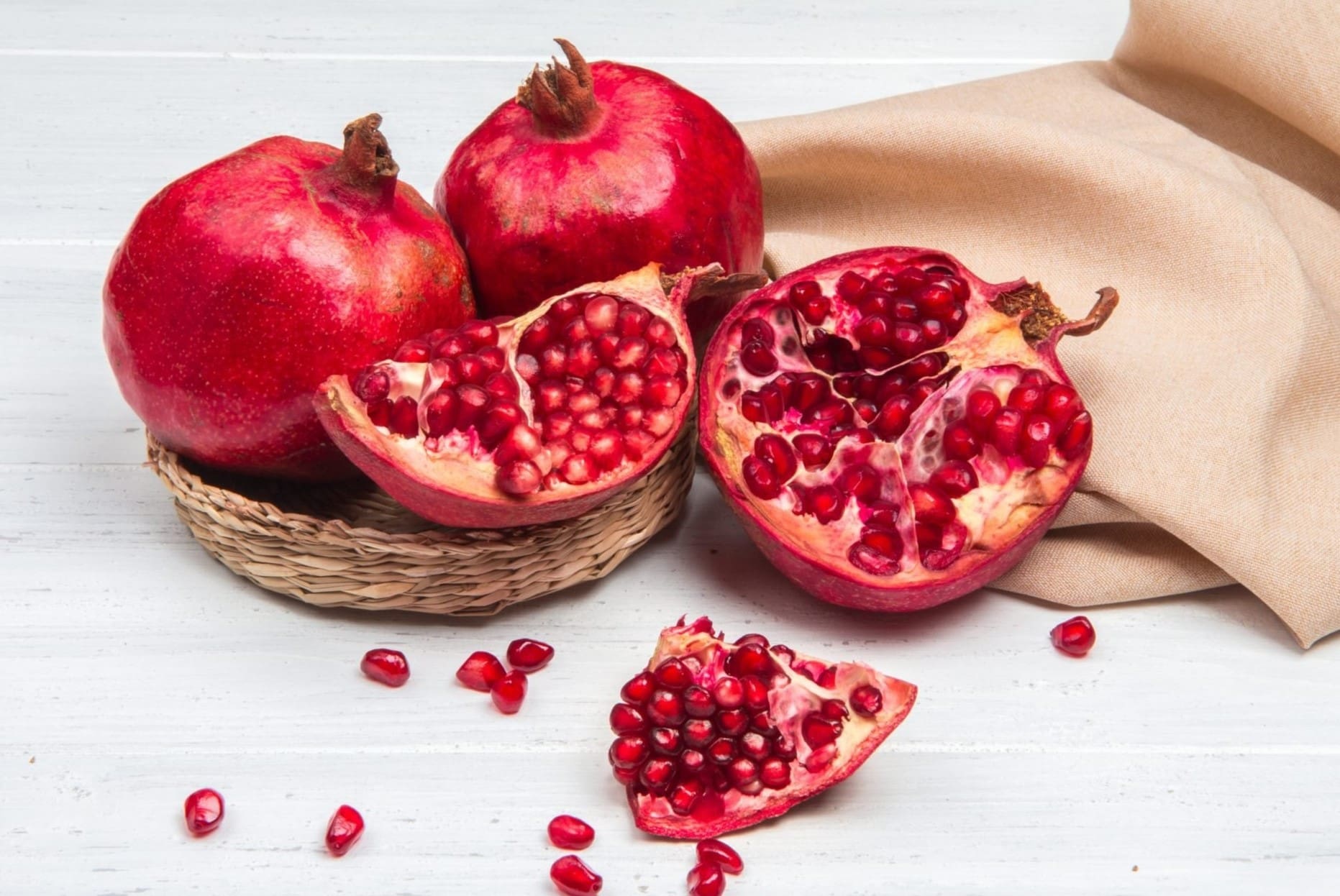

0 thoughts on “How To Eat Nigella Seeds”